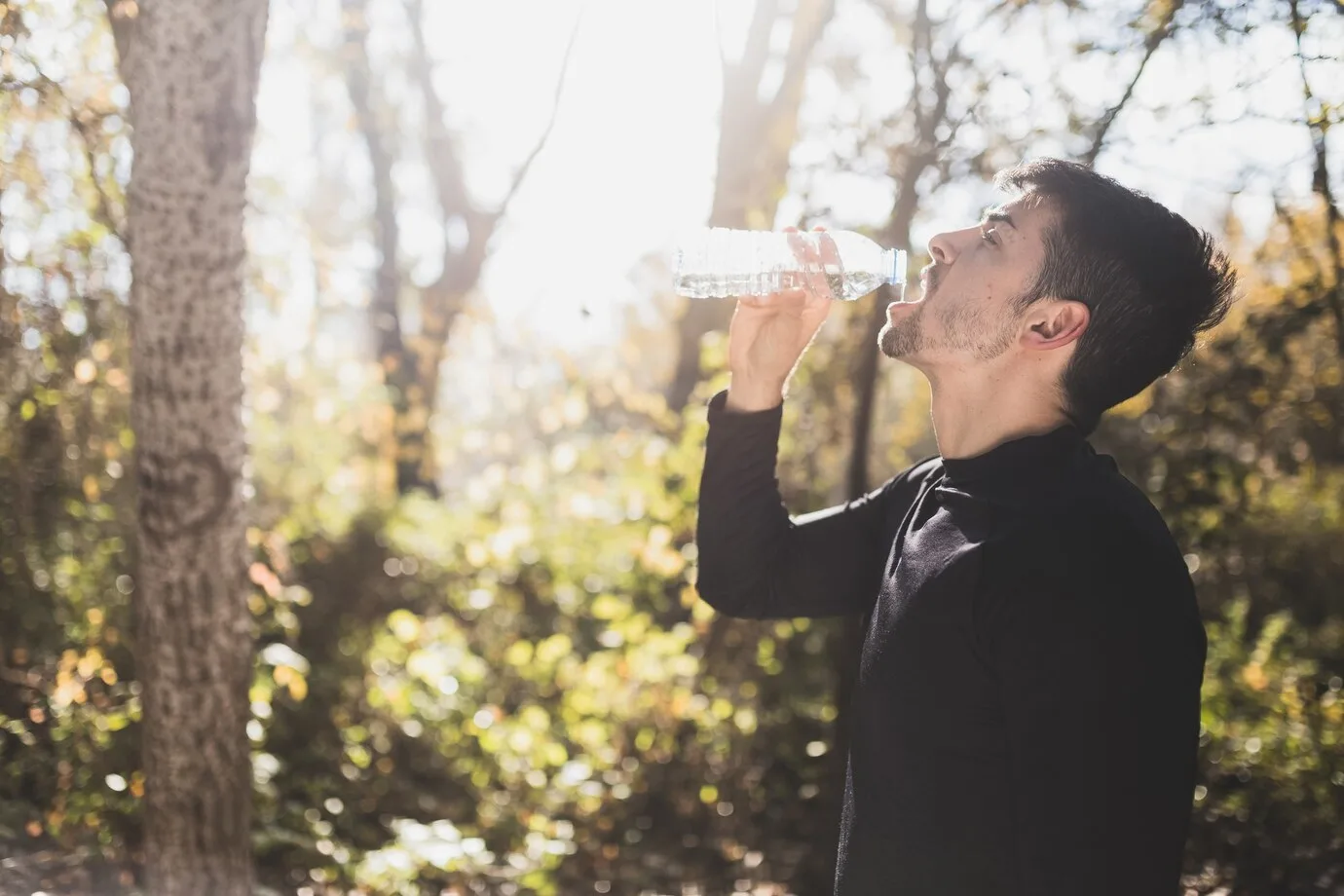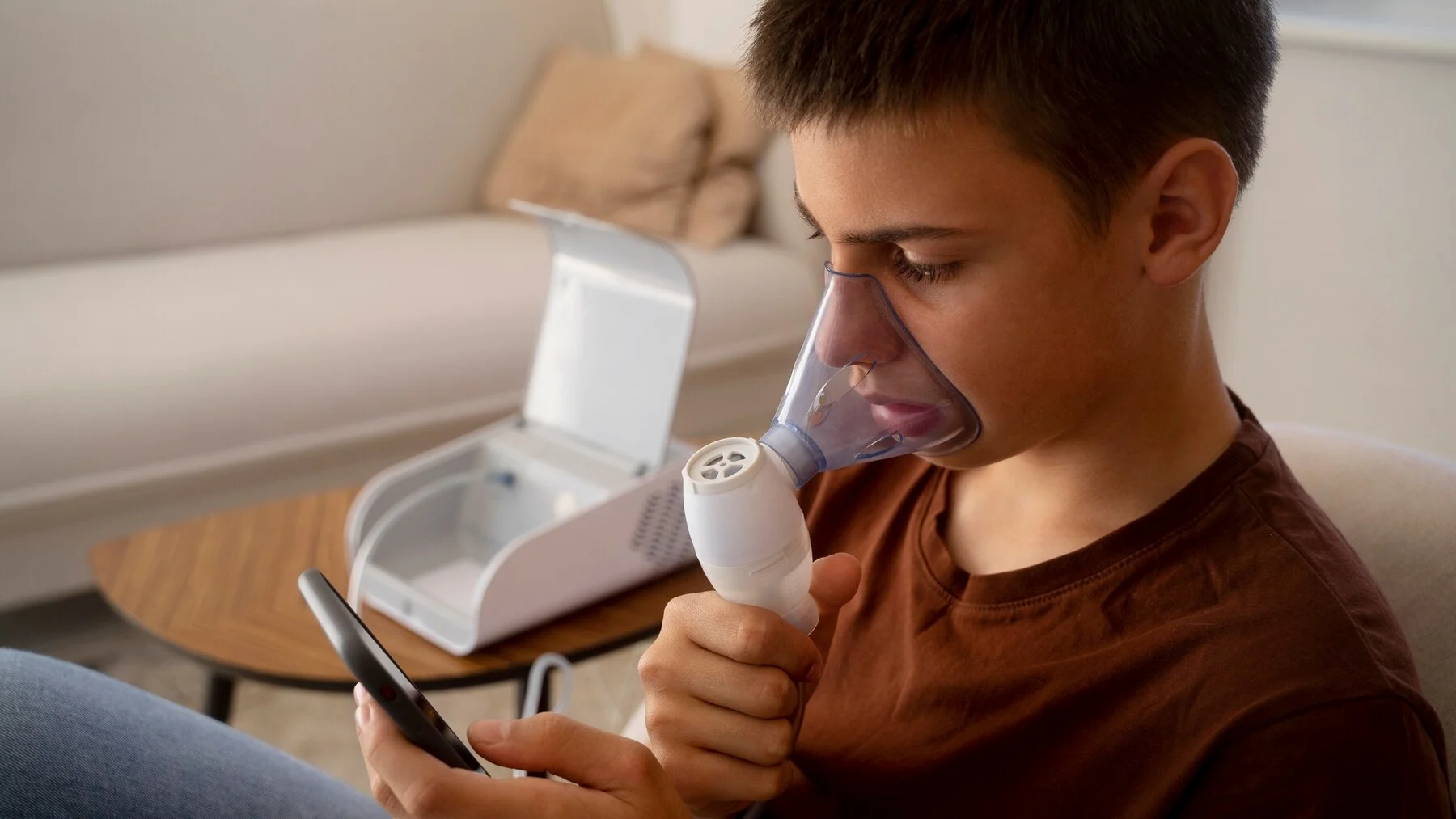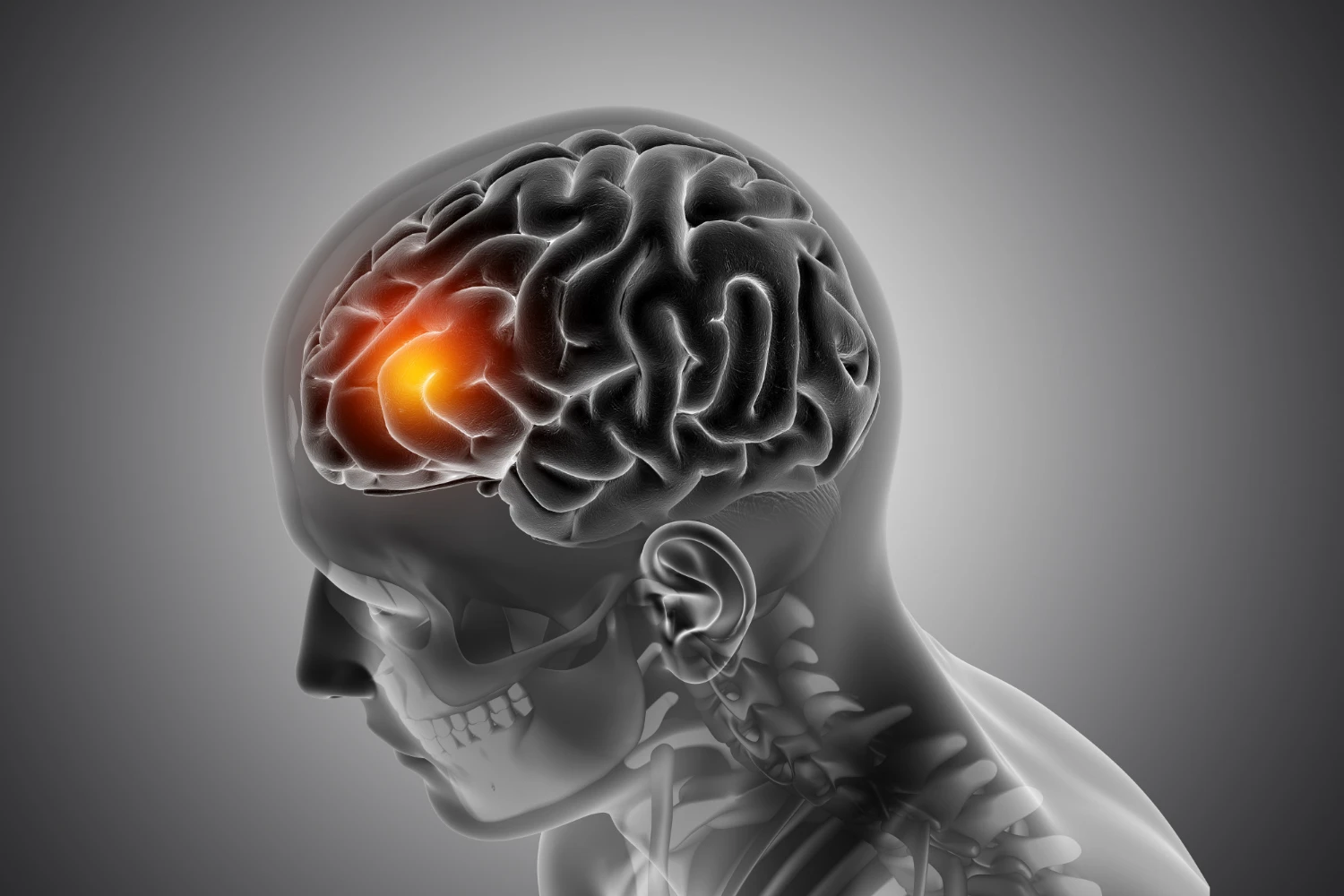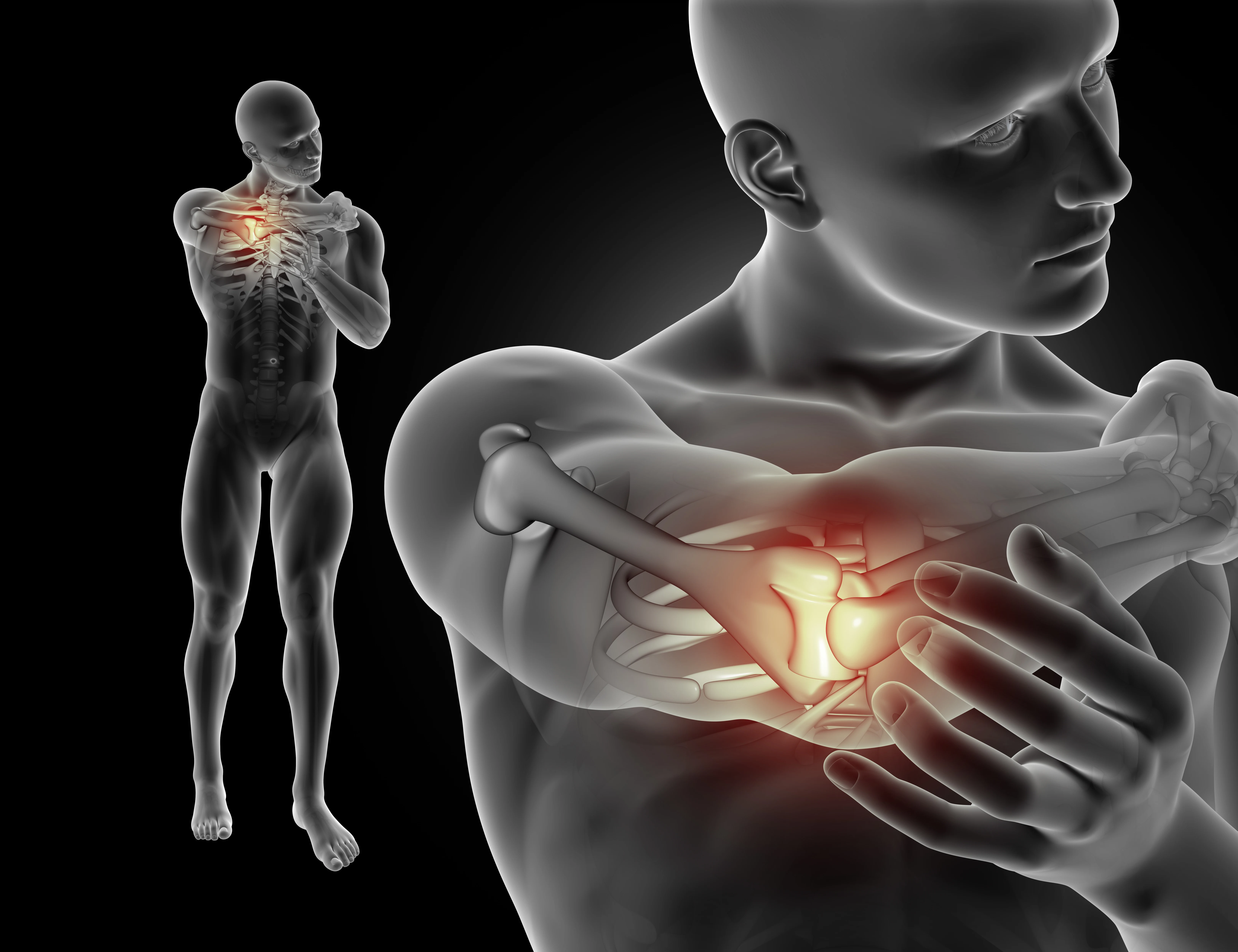First Aid For Heat Exhaustion: Effective Treatments And What To Eat & Drink For Recovery
Category: Blogs
With the increasing global temperatures, heat exhaustion has become a serious concern, especially during the summer months. Whether you're spending time outdoors, working in the sun, or engaging in physical activity, it's essential to recognize the signs of heat exhaustion early and understand how to treat it effectively. This blog explores the necessary first aid for heat exhaustion, along with guidance on proper hydration and nutrition for a speedy recovery.
What is Heat Exhaustion?
Heat exhaustion is a heat-related illness that occurs when the body overheats due to prolonged exposure to high temperatures. This condition can arise from excessive sweating and loss of fluids and electrolytes, leading to dehydration. If left untreated, heat exhaustion can progress to heat stroke, which is a life-threatening emergency.
Symptoms of Heat Exhaustion
Recognizing the symptoms of heat exhaustion is crucial for prompt treatment. These symptoms may include:
- Heavy sweating
- Fatigue and weakness
- Dizziness or fainting
- Nausea or vomiting
- Headache
- Muscle cramps
- Rapid pulse or shallow breathing
If you or someone around you shows these symptoms, immediate action is needed to prevent further complications.
Effective First Aid for Heat Exhaustion
When you suspect heat exhaustion, it's important to act quickly. Follow these first aid steps:
- Move to a Cooler Area:
The first step is to get out of the heat. Move the affected person to a shaded or air-conditioned area to help lower their body temperature. - Hydrate:
Replenishing fluids is key. Offer the person water or an electrolyte-replenishing drink like sports drinks. Avoid caffeinated or alcoholic beverages, as these can worsen dehydration. - Cool the Body:
To lower the body temperature, apply cool (but not cold) water to the skin. You can use a damp towel or sponge. If possible, use fans to help speed up the cooling process. - Rest:
Encourage the person to rest and lie down in a comfortable position. Raising their legs slightly can improve circulation and prevent fainting. - Monitor Vital Signs:
Keep track of the person's temperature and pulse. If their symptoms persist or worsen, seek medical help immediately.
What to Eat & Drink for Recovery
Recovery from heat exhaustion isn't just about rehydrating – the right foods can also help restore lost nutrients and promote healing. Here’s what you should eat and drink during recovery:
Hydration
- Water:
Rehydrating with water is essential to restore the fluids lost through sweating. Drink small amounts frequently rather than large quantities all at once. Electrolyte Drinks:
Electrolyte-rich drinks, like sports drinks or coconut water, help replace lost minerals such as sodium, potassium, and magnesium. These are crucial for maintaining proper fluid balance and muscle function.
Coconut Water:
Packed with electrolytes and natural sugars, coconut water is a great alternative to sports drinks, providing hydration and replenishing lost nutrients.
Foods to Aid Recovery
- Salty Snacks:
Since heat exhaustion leads to a loss of salt through sweat, eating a small amount of salty snacks, such as pretzels or crackers, can help replenish sodium levels. - Fruits:
Fruits like watermelon, oranges, and strawberries are excellent sources of water and provide a natural dose of vitamins. They also offer a refreshing and hydrating option to recover from dehydration. - Bananas:
Bananas are high in potassium, which is one of the key electrolytes lost during heat exhaustion. They also provide a quick energy boost, making them an excellent choice during recovery. - Leafy Greens:
Spinach, kale, and other leafy greens are packed with magnesium and other essential minerals that can help restore balance to the body after heat exhaustion. - Broth-Based Soups:
Clear soups or broths are ideal for rehydrating and providing the body with necessary salts and nutrients without overwhelming the digestive system.
When to Seek Medical Help
While heat exhaustion can often be managed with first aid and home remedies, there are times when professional medical attention is needed. If the affected person exhibits any of the following, seek medical help immediately:
- Vomiting or inability to keep fluids down
- Loss of consciousness or confusion
- Severe headache or dizziness
- High body temperature (above 103°F / 39.4°C)
- Rapid heartbeat or shallow breathing
Prevention Tips
To avoid heat exhaustion in the future, consider the following tips:
- Wear loose, light-colored clothing.
- Stay hydrated throughout the day, especially during hot weather.
- Take frequent breaks when working or exercising in the heat.
- Avoid heavy meals and alcohol when in the sun.
- Use sunscreen to protect against sunburn, which can worsen dehydration.
FAQs
1.How can I tell the difference between heat exhaustion and heat stroke?
Heat exhaustion is characterized by fatigue, nausea, and heavy sweating. Heat stroke, however, is more severe and involves confusion, high body temperature (above 103°F), and unconsciousness. Heat stroke requires immediate emergency medical treatment.
2. Can I drink coffee or alcohol during heat exhaustion recovery?
It’s best to avoid both coffee and alcohol during recovery as they can cause dehydration, which worsens the condition.
3. How much water should I drink during recovery from heat exhaustion?
You should drink small sips of water every 15-20 minutes. Aim to drink at least 8 ounces of fluids every hour, but this may vary based on your activity level and body size.
4. Is it safe to use ice water or ice packs to cool down someone with heat exhaustion?
Avoid using ice water or ice packs directly on the skin, as extreme cold can cause shock. Instead, use cool water or lukewarm baths to gradually bring the body temperature down.
5. Can children or the elderly be more prone to heat exhaustion?
Yes, children and the elderly are more vulnerable to heat exhaustion due to their body's reduced ability to regulate temperature. Extra care should be taken when they are exposed to heat.
6. How long does recovery from heat exhaustion typically take?
Recovery can take anywhere from a few hours to a couple of days, depending on the severity of the condition and the steps taken for treatment. Rest, hydration, and proper nutrition are essential for quicker recovery.








